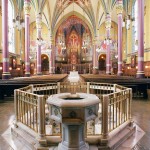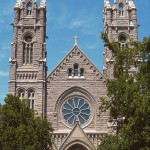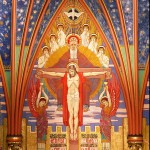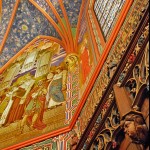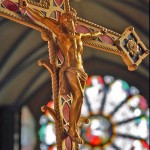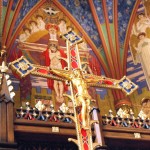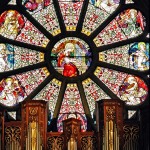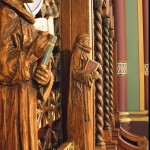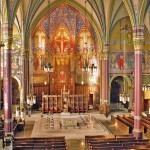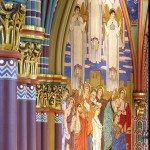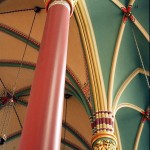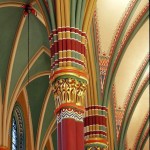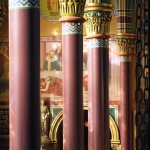A letter from Jeffrey Tucker, director of publications, CMAA
______________________________
Dear friend of sacred music,
I get letters all the time that say the following.
It’s great what is happening in sacred music and Catholic liturgy but it sure hasn’t reach my parish yet. In my parish, we are stuck doing….[fill in the blank with some regrettable scenario.]
Another letter says:
I can’t sing or play organ, and I wouldn’t have time to do so if I could, but I still like what you are doing.
If you fall into one of these categories, this note is to tell that there is something you can do that will make a difference right now. You can give financial resources to two projects I will list below.
Now, keep in mind that this method of fundraising and publishing has a proven record of success. This site raised $5000 for the Simple English Propers, a book that is the first published set of parish-viable English propers for the ordinary form of Mass. We came through in record time. This book has changed everything. It has set the whole English-speaking Catholic world on a new path, and is the rage in seminaries, parishes, and religious houses.
Let’s do it again with the following two projects, both of which are desperately needed.
1. The Musical Shape of the Liturgy, by William Mahrt. This is this great scholar’s 450-page manifesto, and it is in the final stages of preparation. We need money to pay typesetters, indexers, and front the printing costs so that it can be distributed at a reasonable price. Why is this book important? It is the first-ever practical and explanatory book of the place of music in the Roman Rite. The book brilliant covers both forms, and provides the rationale for why the propers are what they are, why the readings are sung a particular way, the place of the schola and the people – all heavily documented from Church teaching.
But is it an exaggeration to say that this is the first book? I don’t think so. There are historical treatises. There are theological treatises. But this is a practical treatise that deals with what musicians and priests deal with every day. It clearly explains the musical structure of the Roman Rite. There has never been anything like it. I can’t imagine anything more essential right now. And the author is the acknowledged world expert on this topic. It is his great legacy to the world. It deserves your support.
2. Simple English Psalms for Mass, by Arlene Oost-Zinner. These Psalms are in my view the best English Psalms around because they are beautiful and singable. The combination of those two traits is extremely rare. But this is what is essential for the Responsorial Psalm. The form itself is an innovation of 1969, and it posed serious challenges right off. Too often they are tossed off as a little trite melody for people to sing, all metrical and a bit silly. Where are the dignified Psalm settings, not just for one week but for the entire year? The other problem is that people must absolutely be able to sing them right away, because this is not the Graduale of old. It is a new form. Achieving this balance of beautiful and singable is very difficult.
But Arlene has figured it out. We use hers in my parish every week, and so do hundreds of other parishes. They use Gregorian psalm tones and the antiphon melody always reflects the text. They are available for download now. But not in a single book, and I think that the SEP has proven that this is essential. They are also not complete. Many feast days need to be done. I’ve been thinking through how many single books have Responsorial Psalms for the year and I can only think of one or two and neither what what needs to be done. So in many ways, this volume too is pioneering. These project has already raised $1000 but we need at least another $5000 more to support all the typesetting, printing, indexiing, and the completion of the task.
If we finish these two project, this site and the CMAA will have achieved something amazing. We will have produced all the essential books you need to sing the Mass in English with dignity and solemnity, plus provided the first real practical treatise on why do this really matters. These books will matter long after our lifetimes. It is a huge responsibility – and it is something that you can do to make a difference right now in our times. Please be generous, and thank you deeply.
